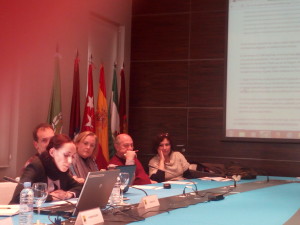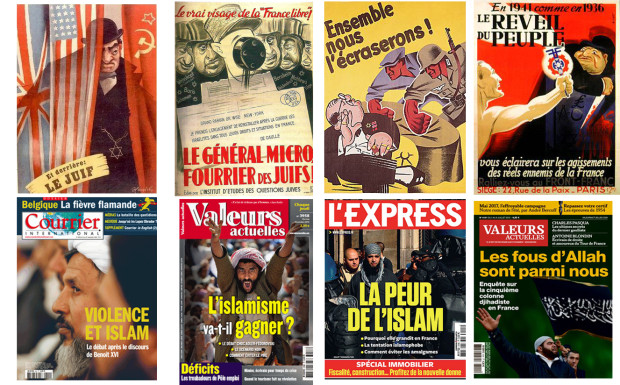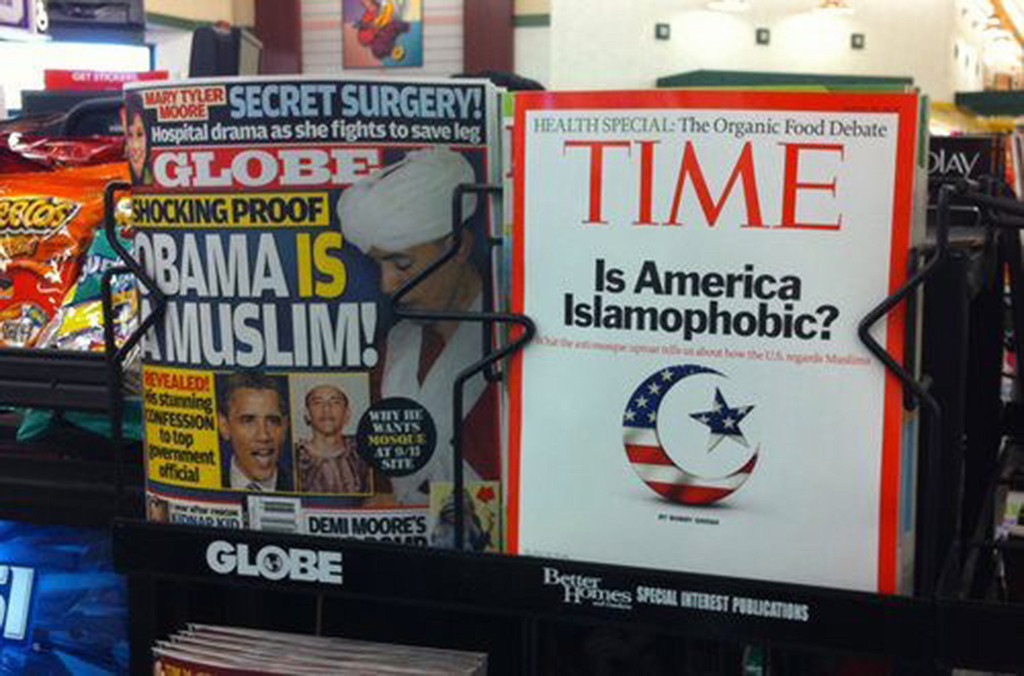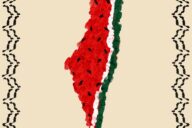Last January 22nd, 2018, took place a meeting involving the main foundations and associations dedicated to the promotion of tolerance and the fight against islamophobia in all its forms, promoted by the Observatory of Islamophobia in the Media. The Islamic Culture Foundation (FUNCI) had the chance of participation through its project “Twistislamophobia, because differences add”. Its objective was to present the main results of the Observatory’s first year of work, as well as to share new strategies and new ways of collaboration among the assistants.
The meeting was presented by Karim Hauser (Casa Árabe), Lourdes Vidal (Observatory of Islamophobia in the Media, IEMed), and Aurora Ali (Citizen’s Platform against Islamophobia), and counted with the presence of SOS Racism, the Movement against Intolerance, the Islamic Culture Foundation, Kif-Kif, Tulaytula y la Asociación Marroquí para la Integración de Inmigrantes (Moroccan Association for the Integration of Immigrants), among others.
A year of the Observatory of Islamophobia in the Media
 The Observatory of Islamophobia in the Media’s objective is to single out islamophobia in the face of other hate crimes, identify its presence in the media and press for better journalist practices. With this purpose, the Observatory analyzes six Spanish national newspapers: El País, El Mundo, La Razón, La Vanguardia, Eldiario.es, and 20 minutos. Their last report, which gathers the last quarter of 2017’s results, reflect that only 42,85% of the news published aren’t islamophobic in one way or another.
The Observatory of Islamophobia in the Media’s objective is to single out islamophobia in the face of other hate crimes, identify its presence in the media and press for better journalist practices. With this purpose, the Observatory analyzes six Spanish national newspapers: El País, El Mundo, La Razón, La Vanguardia, Eldiario.es, and 20 minutos. Their last report, which gathers the last quarter of 2017’s results, reflect that only 42,85% of the news published aren’t islamophobic in one way or another.
Islamophobia, or anti-Muslim racism, is specially present in the articles regarding women rights. In this sense, and contrary to what we might think, Lourdes Vidal stated during the meeting that “there is more islamophobia in the news related to gender than in those talking about terrorism”.
Among the main results highlighted in her analysis, Vidal pointed out at the abundance of sensationalist headlines, the lack of verifiable sources, the treatment of Muslims as foreigners, the common use of Islamic terms when talking about terrorism, the abundance of generalizations, and, even, the attribution of fake statements on Islam to European politicians.
The importance of networking
They were many the proposals and observations made during the meeting, a reflection of a problem that grows worse everyday. With regard to the media, Esteban Ibarra, president of the Movement against Intolerance, focused on the newspapers’ public online forums, as they are filled with comments promoting violence and discrimination. From this perspective, he spoke of the need of adopting a tough stance against the media incurring –clearly and consciously– in hate crimes.
Likewise, Encarna Gutiérrez, Secretary General of the Islamic Culture Foundation, spoke of the importance of networking. The depth of the problem of islamophobia, which many times finds its origins in the construction of a country’s national identity (as it’s the case with Spain and the rejection of its Muslim heritage), makes it hard for a single organization to revert the current situation. Among the different possible ways of collaborating, it was highlighted the need of promoting each other’s activities. A bigger outreach is essential to reach to a wider public, one that is not predisposed to talk about islamophobia
With this goal, Twistislamophobia has promoted, since the launching of the project, a network of collaborators through which to exchange information and contents, promote projects and activities and find ways of collaborating at field level.
















No Comments